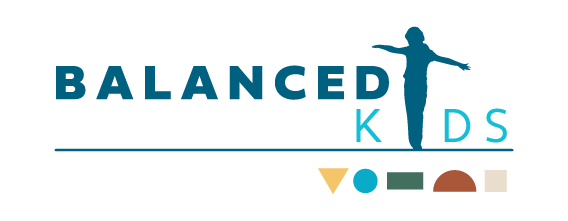Trauma Informed Training and Trauma Sensitive Schools
Trauma-Informed Training helps educators and staff feel equipped to support the emotional and physical well-being of children. Kids can face many difficult situations that require support from the adults in their lives, and when we get ahead of it we can make a bigger impact.
One caring adult.
Research shows us that it only takes one trusted, caring adult to mitigate the impact of trauma. The ACE Study by Kaiser Permanente from ‘95-’97 was the first to link health outcomes to adverse childhood experiences (ACE’s), and it showed us that intervention was needed - something between our children and the long term effects of childhood trauma.
As it happens, schools are full of caring adults and are uniquely positioned to be a safe haven for students, but only when our teachers and staff are equipped to handle the challenge.
Trauma can wear many faces, from abuse to community violence, a family death, divorce, racism, bullying, food insecurity or financial struggles. In a trauma-sensitive school, children, staff and families in need are met with intentional systems, developed specifically to respond to those needs.
As educators, we know trauma arrests development. It literally changes the neural pathways in the brain. Students may struggle with the ability to focus, learn new concepts, emotionally regulate, and build and maintain relationships. And of course, that challenging behavior can lead to staff burnout.
Trauma-Informed Training For Staff & Educators
Nina helps schools and childcare facilities to build a trauma sensitive environment by teaching them to:
identify and assess traumatic stress
treat the behavioral or physical manifestations traumatic stress
communicate with parents around the sensitive topic of trauma
increase parent and staff awareness and understanding of trauma
Through Nina’s unique approach to fostering resiliency, self-regulation, and communication around big feelings, she helps schools to prioritize mental health as a pathway for students to feel more open and receptive to learning.
Nina also teaches educators about ‘universal design,’ or inclusivity from the beginning. “When you design spaces, classrooms, or environments with trauma in mind, you avoid having to do something “special” or different for each kid. Universal design and trauma informed practices prevent kids from being pathologized, labeled, or discarded due to inflexible environments.”
Balanced Kids Founder Nina Essel, LCSW, is a certified Nurtured Heart Approach trainer. She is also certified in Collaborative Problem Solving and De-Escalation. Her work with Kimochis, pictured here, bring an element of playfulness into the learning environment.
A Classroom Advocate For Parents
Nina is also available to serve as a classroom advocate, speaking to schools on behalf of the parents of children with special needs, or those who are experiencing behavioral struggles.
Nina works with parents to develop a plan to address the needs of the child, then speaks directly with the school or school district to navigate these conversations on behalf of the family. She supports the parents of children with a wide variety of diagnosis and challenges from ADHD, SPD, ODD, to sleep issues, frequent meltdowns, anxiety or grief.




